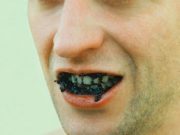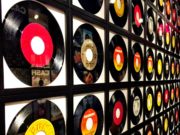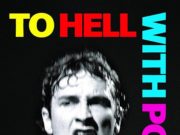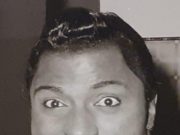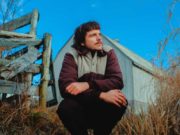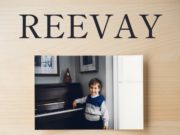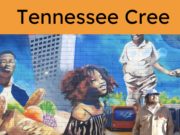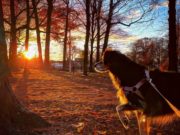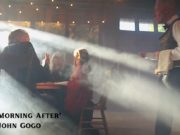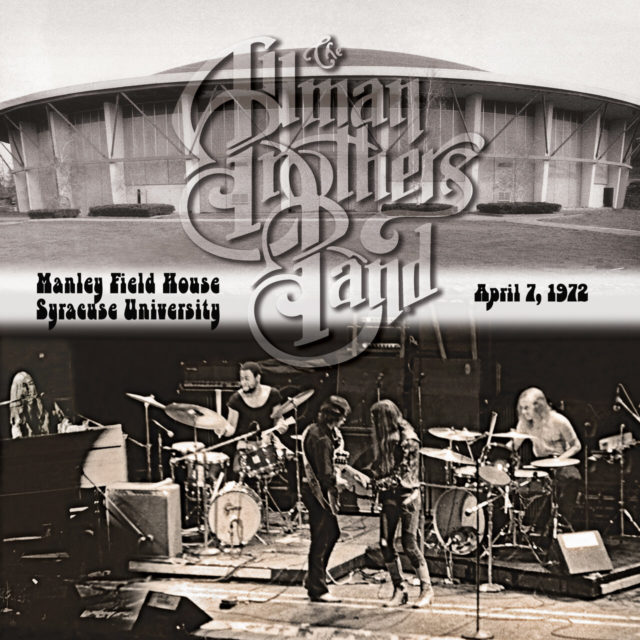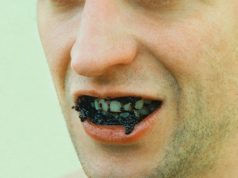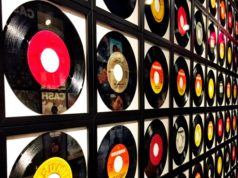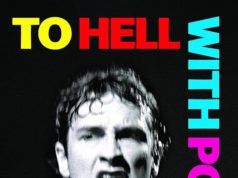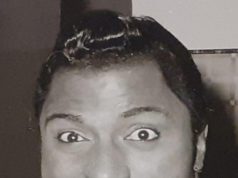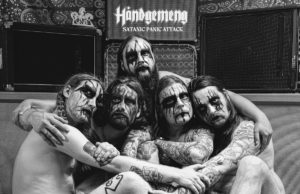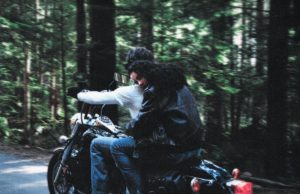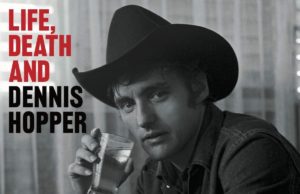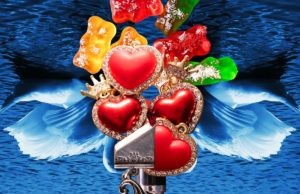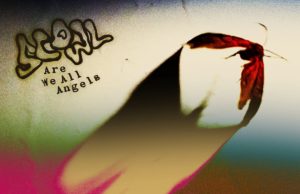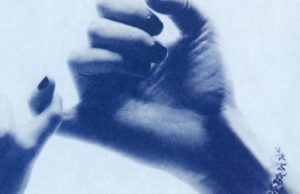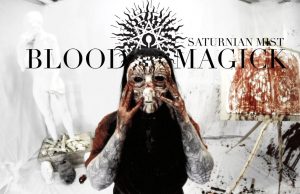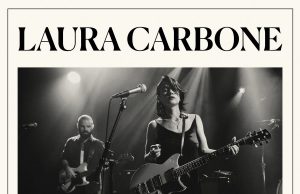Throughout the Allman Brothers Band’s 35-year existence, each live performance holds relevance. While band members left, joined, or passed on, the remaining constant has always been the band’s ability to light up any stage.
On April 7, 1972, the Allman Brothers Band was invited to perform at Manley Field House on the campus of Syracuse University. Coming shortly after the sudden passing of band leader Duane Allman in October 1971, this show captured a rare, brief, and emotionally charged Five-Man Band period — Gregg Allman on vocals and keyboard, Dickey Betts on guitar, Berry Oakley on bass, and drummers Butch Trucks and Jaimoe.
Manley Field House, Syracuse University, April 7, 1972 has been widely circulated as a fan-favorite radio broadcast bootleg for years. But this release — pulled from the original source recording and remastered — is the first to include the complete show with the highest audio quality preserved from the direct source.
The band’s performance at the school’s indoor track and field facility was recorded and simulcast on Syracuse University’s WAER college radio on the night of the show, and subsequently rebroadcast by the station and some of its’ former staff members as they moved around in radio. The recording was made with the ABB’s cooperation and authorization, using an auxiliary mixing board on the side of the stage with a feed from the band’s sound desk.
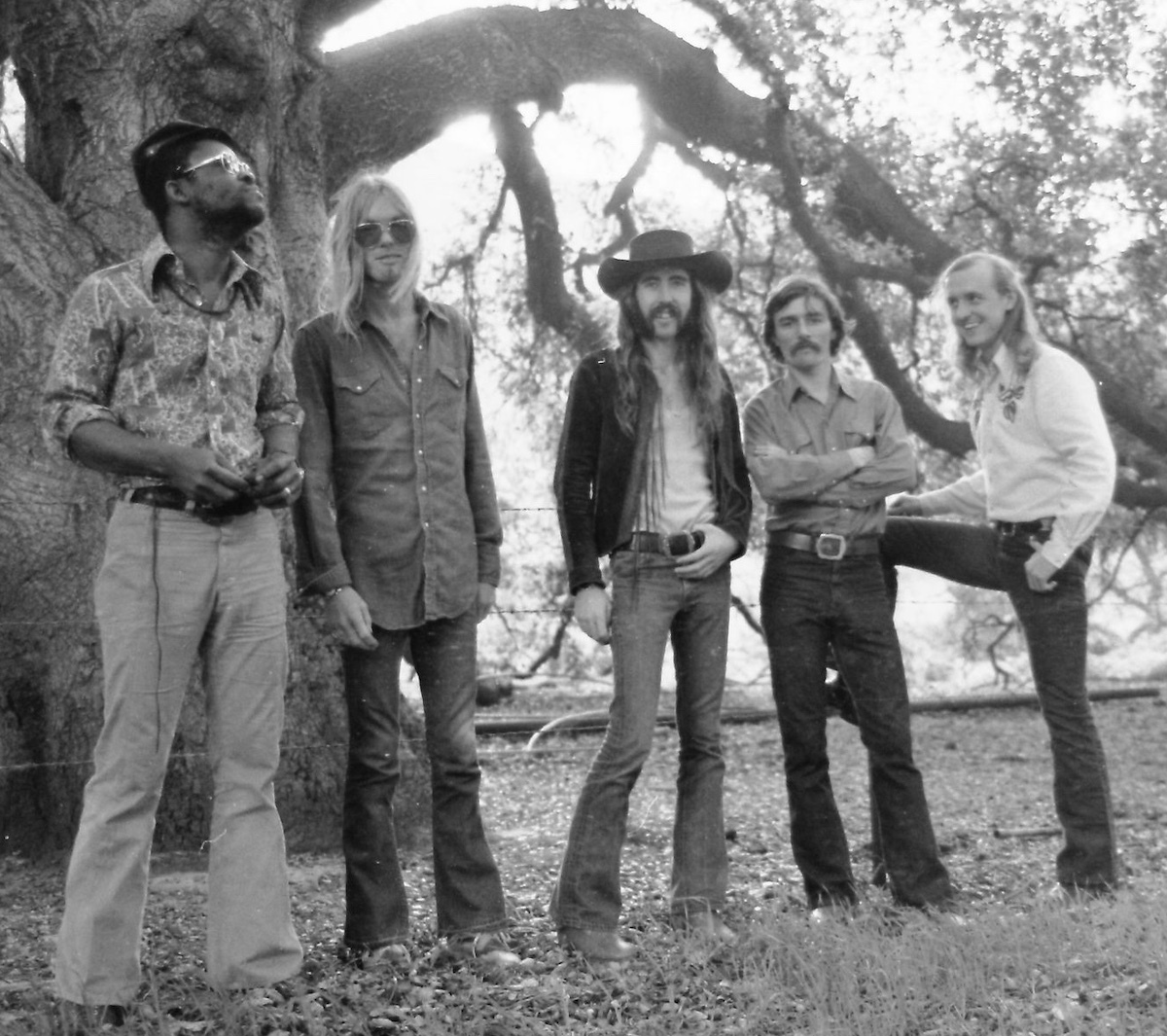
The 11-track collection features set staples from this period including show opener Statesboro Blues, In Memory of Elizabeth Reed, Midnight Rider and Whipping Post, as well as Ain’t Wastin’ Time No More off their then newly released album Eat A Peach. Syracuse Jam, included here for the first time, is an example of the one-time melody jamming the band was famous for and is unique in that it does not appear in any other known ABB recording.
Jeff Chard, SU concert coordinator in 1971-’72, reflects fondly on that night and offers his sentiments in the album package’s liner notes. “This was the Five Man Band, as Brother Duane had passed just over five months prior,” Chard recalls. “The quintet had pushed on, playing some 41 shows in 22 weeks. This night saw Gregg singing and playing his heart out, while Dickey Betts is doing phenomenal double duty on guitar, switching seamlessly between the necessary slide parts and his own soaring leads. But the real revelation of the night is that Berry is the glue, and the second lead player as well. His thunderous bass holds the quintet together — you’ll hear it, and we could see it that night. Then there is the way Butch Trucks and Jaimoe lock in on the drums, the way the whole unit responds, five playing as one.
“It was a memorable but brief time for the band. Six months later, keyboardist Chuck Leavell was added to the group, making the ABB six players strong again, only to lose Berry in another motorcycle accident on Nov. 11, 1972. Shortly thereafter, Lamar Williams took over bass duties, and The Allman Brothers Band started a new musical chapter. But for that one year, with the five original men still standing — and especially on that magical April night in Syracuse — we surely felt the spirit. Best damn band we’re ever gonna hear indeed! We were all believers, and this CD is a testament to those words.”
In a live review of the show in the Syracuse University’s student newspaper The Daily Orange, writer Bruce Apar noted: “The Allman Band itself was thoroughly remarkable, leaving proof in still another city that they have developed into a supreme group, by which lesser talents can be judged.” (April 11, 1972)”


